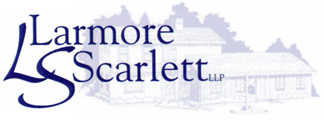Pennsylvanians know that the future is full of uncertainty, and that the only way to prepare for the worst-case scenarios in life, including incapacitation and death, is to do estate planning. Some people consider estate planning as a tool used exclusively by wealthy individuals. It turns out that anyone who owns an estate – whether a car, a boat or a house – can craft a will and name someone to act as guardian, executor or heir.
A will is probably the most common estate-planning tool. Crafting a will is necessary for people who are the sole owners of certain properties and assets. A last will and testament allow a person to leave detailed orders about how to divide or designate properties and assets to heirs or beneficiaries in the event of death. An individual can also name a guardian in the will, an action usually taken if the will maker has minor children.
An individual can also establish a trust, either inside or outside a will, especially if children may not be the right age or have the right temperament to handle substantial assets. A trust transfers property and assets to trustees who will keep them safe and secure until such time as the beneficiaries or heirs reach a specified age.
Wills and trusts can be updated from time to time as laws governing estate planning are subject to change. Before creating a will or trust, it is important for individuals to seek a legal professional’s help.
Pennsylvanians who are interested in creating a will or establishing a trust should consider consulting an estate-planning attorney. Talking to a legal professional will inform the person making a will or trust the pros and cons of estate planning. Once someone has decided to draft a will, the legal professional can meticulously guide him or her through the process.
Source: Rushvillerepublican.com, “Estate planning: what you need to know,” Kate Thurston, Feb. 7, 2014

